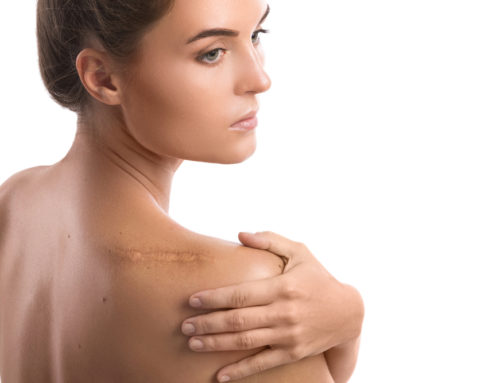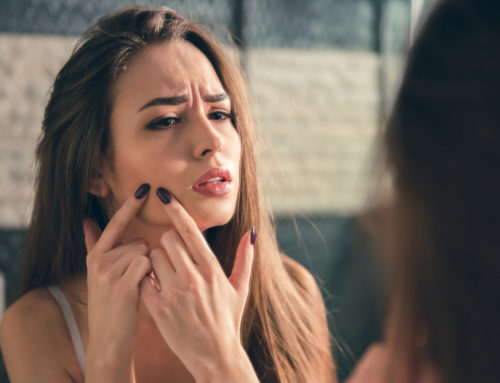Eczema, depending on the severity, can take control of our lives and leave us feeling helpless and frustrated, with no seeming end to relentless itching. Luckily a lot of people outgrow their eczema, but for those of us who don’t it’s important to understand what’s happening, why it’s happening and what we can do to minimise the impact on our daily lives. So let’s take a closer look.
What is eczema?
Eczema is a condition that affects the skin, often causing it to become itchy, inflamed, cracked, dry or red. Occurring in both children and adults, there are different types and different levels of severity. The good news is that, in the majority of cases, it’s easily managed.
What are the symptoms?
Not only are there different types and levels of severity when it comes to eczema, there are also many different symptoms depending on the individual. It may look different and it may appear on different areas of the body, while it’s important to remember that age can play a big role in these differences. Children often have rashes forming on their scalps and faces, whilst teenagers and adults will see it spread to many different areas of the body. Here are some of the most commonly occurring symptoms that you can watch out for:
• Itching skin; in some cases so itchy that people scratch until they bleed
• Dry skin
• Red and inflamed skin
• Patches of darker skin
• Rough, ‘scaly’ patches of skin
• Swollen areas
• Areas that have started to crust or ooze
It’s helpful to note that these symptoms may not be constantly present, and they may fluctuate between periods of severity and calmness.
What are the causes?
It seems to be that there are no simple answers behind the whats, wheres or whys of eczema. Some people develop eczema as a response to a food or environmental allergy, for example from dairy, pollens, mould, dust mites and pets. The skin can be irritated by a change in everyday household chemicals, such as hand and body soaps, detergents and disinfectants. Other environmental factors can also trigger eczema and are often out of our control. Sudden changes in temperature and humidity can initiate irritation of the skin, or even simply the perspiration we emit during exercise. Two less well known causes are stress and hormonal changes, the latter most commonly occurring in women during pregnancy and at certain points of the menstrual cycle. The number of different causes can be overwhelming, so let’s take a look at some well known and effective treatments.
How can I effectively treat my eczema?
In a world of quick fixes, it’s easy to just reach for the closest medication to cure your eczema. Here at Yoffee, however, we like to take a moment to explore other, more natural forms of treatment. One of these is tea tree, the latest oil sending shockwaves throughout the medical community for its effectiveness and variety of uses. A 2011 study even found that tea tree oil was more effective in treating eczema than traditional topical treatments of zinc oxide and ichthammol. A natural anti-inflammatory, it has noticeably alleviated redness, irritation and swelling, whilst healing any wounds that may have been caused by consistent scratching. It can also help to relieve the hallmark of eczema at it´s source, that unrelenting itch, whilst effectively reducing the appearance of scars if you discovered this wonder oil too late. Clove oil and bisabolol are also effective in soothing skin irritated by eczema, which is why we have harnessed the power of these three to give you Yoffee Itch Remedy – our answer to eczema, general skin irritations and even fungal infections.
There are many other, non chemical ways you can reduce the harsh symptoms of eczema from the comfort of your own home. To soothe the itchy, dry feeling, try soaking that irritated skin in a lukewarm bath. Equally as important is the way we treat our skin directly after the bath. Patting the skin dry with a towel, rather than rubbing, will avoid unnecessary irritation and moisturising straight away will maintain hydration.
As we discussed earlier, one of the most common causes of eczema are the harsh chemical products we come into regular contact with around the house. Take a look at your body wash, shampoo, conditioner and other bath products, as well as chemical cleaners for the house, and consider switching them to gentler, more natural based products that are kind to both sensitive skin and the environment.







